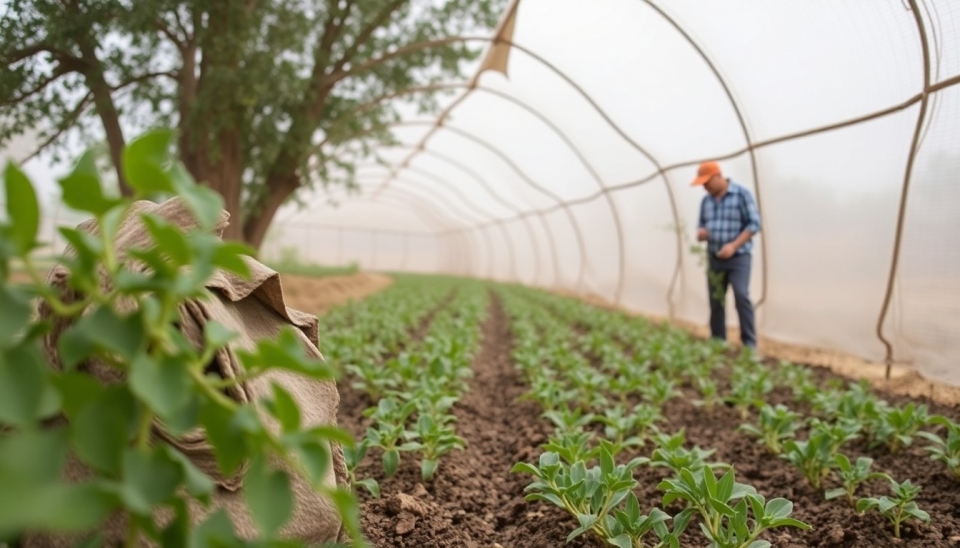
As conflict rages on in Israel, a unique challenge has emerged for the nation’s agricultural sector—many farmers are finding themselves in a position where they must relearn traditional farming techniques, particularly as reliance on GPS technology becomes increasingly untenable. The ongoing conflict has led to interruptions in the availability of modern farming tools and services, reshaping the way agriculture is conducted in the region.
Farmers who once relied heavily on GPS devices for precision agriculture now find themselves reverting to age-old methods of plowing, sowing, and harvesting. This shift comes not just from a lack of access to modern technology but also from a need for resilience and adaptability in a time of crisis. With satellites potentially compromised or disrupted, the farmers’ dependence on traditional skills has been revived out of necessity.
Many of these farmers are rediscovering the art of manual steering and learning how to read the land's contours and use natural markers for navigation. This back-to-basics approach has proved beneficial not only in maintaining crop yields but also in fostering a sense of community among farmers. Sharing knowledge and experiences has become crucial as they band together to confront the challenges posed by the ongoing wartime situation.
Crop producers are also focusing on building more resilient agricultural practices. For example, some farmers are experimenting with drought-resistant crops as water availability becomes more uncertain due to regional disruptions. Others are adopting methods that increase soil fertility and reduce the dependency on fertilizers, complementing their manual farming techniques.
Additionally, local agricultural organizations are stepping in to provide support, offering workshops and resources aimed at helping farmers navigate this complex landscape. These initiatives encourage the exchange of traditional farming knowledge and foster innovation amid adversity. By banding together, farmers are enhancing their collective resilience, ensuring that the agricultural sector can withstand the trials of conflict.
The story of these Israeli farmers is not just one of survival; it is also a narrative of perseverance and innovation in the face of unprecedented challenges. The lessons learned during this time could very well redefine agricultural practices and relationships within the farming community for years to come. As they navigate through adversity, these farmers are poised to evolve with a renewed sense of identity and purpose, deeply rooted in their land and traditions.
In conclusion, the return to traditional farming techniques amid an ongoing conflict presents both challenges and opportunities for Israeli farmers. As they adapt, the agricultural sector may emerge not only intact but potentially stronger, highlighting the importance of community and tradition in overcoming adversity.
#IsraeliFarmers #WartimeAgriculture #GpsReliance #TraditionalFarming #FarmersAdaptation #AgricultureInnovation
Author: Emily Collins




